How to Choose the Best Sample Roaster for Your Coffee Business
Choosing the right sample roaster is a critical step for any coffee business looking to perfect its craft and stand out in an increasingly competitive market. A sample roaster serves as the bridge between coffee sourcing and product development, offering roasters the ability to experiment with various profiles before making larger batches. With an array of options available, from small home-use machines to advanced, commercially-focused models, it can be daunting to determine which sample roaster best suits your needs. Factors such as roasting capacity, temperature control, and user-friendliness play significant roles in this decision-making process. In this blog, we will explore the key elements to consider when selecting a sample roaster, ensuring that your coffee business is equipped with the ideal tool to create exceptional coffee experiences for your customers.
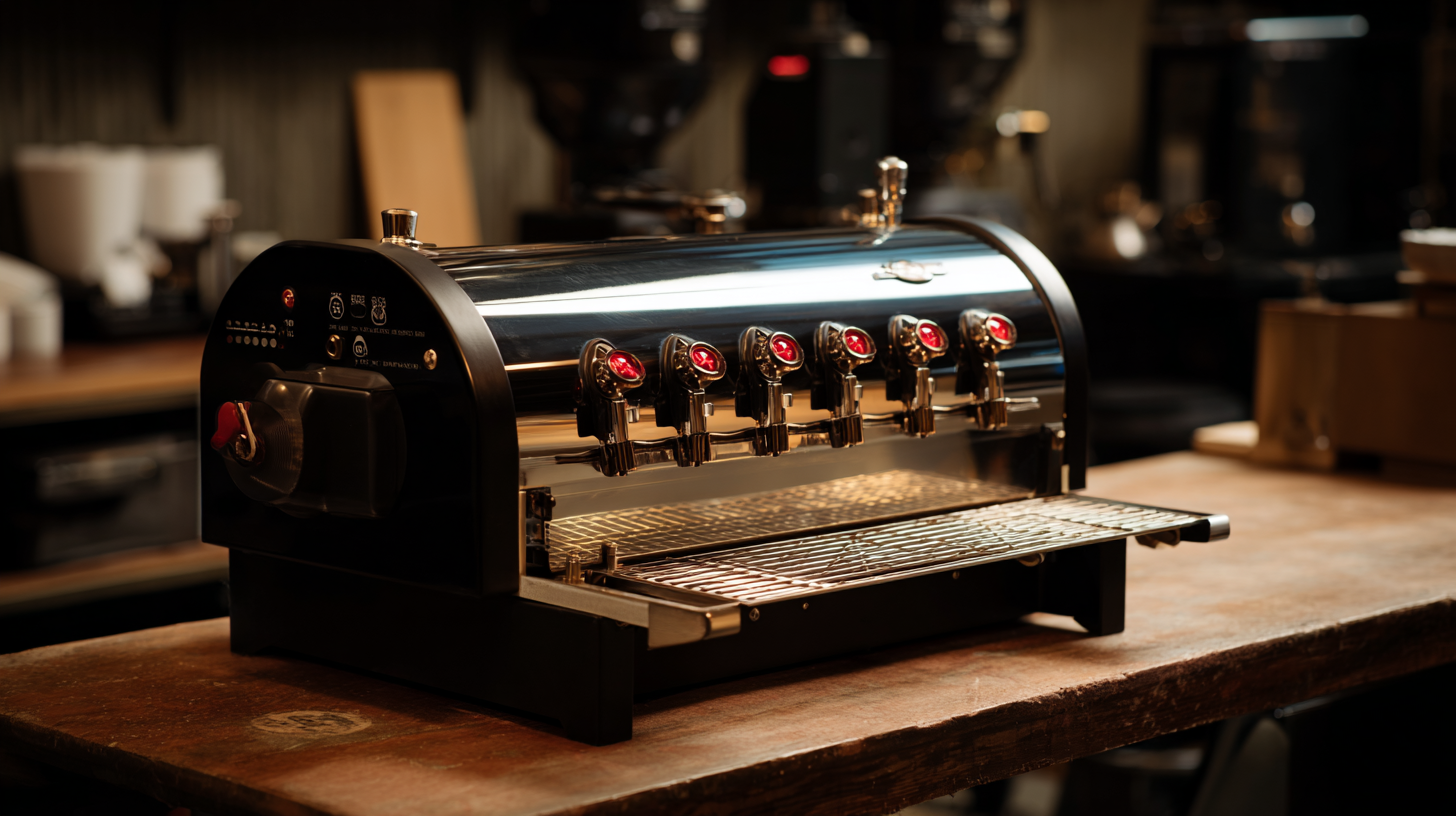
Essential Features to Look for in a Sample Coffee Roaster
When selecting a sample coffee roaster for your coffee business, it’s essential to consider key features that can enhance your roasting precision and efficiency. One of the primary aspects to evaluate is the roaster’s capacity and size. For businesses focused on small-batch roasting, a machine that can handle 1 to 5 kilograms per batch would be ideal. However, if you anticipate scaling your operations, consider larger models that offer flexibility in batch sizes.
Another critical feature is the level of temperature control the roaster provides. A good sample roaster should offer precise temperature adjustments, ensuring consistency in flavor profiles across batches. Look for models equipped with digital controls or profiles that allow you to program specific roasting parameters. Furthermore, adequate airflow management is vital; it impacts roast development and can help prevent scorching while facilitating even roasting. By focusing on these essential features, you can select a sample coffee roaster that meets the unique needs of your business and enhances your coffee offerings.
Understanding Different Types of Sample Roasters on the Market
Choosing the right sample roaster for your coffee business is a crucial decision that can significantly impact the quality of your offerings. Understanding the different types of sample roasters available on the market can help you make an informed choice. Sample roasters can range from small, entry-level units designed for micro-roasters to advanced models capable of replicating commercial roasting profiles. According to recent market insights, the global specialty coffee market is expected to reach USD 60,953.1 million by 2033, growing at a CAGR of 10.5%. This growth highlights the increasing importance of quality in coffee production, making the selection of the right roasting equipment more essential than ever.
When considering a sample roaster, think about the features that match your operation's needs. Look for machines that offer precise temperature control, consistent airflow, and ease of use, as these factors can enhance the roasting process. **Tip:** Evaluate whether the roaster you choose can replicate the larger roasting equipment you plan to use commercially. This ensures consistency in flavor and quality, which is vital as your business grows. Additionally, with the ongoing developments in sustainability, such as improved packaging for specialty green coffee, it's important to invest in a roaster that complements your sustainability goals.
Engaging with manufacturers to seek feedback, as seen with collaborations in product development, can also provide valuable insights. **Tip:** Attend industry events and connect with other roasters to gain firsthand experiences and recommendations on sample roasters that have proven successful in real-world applications. Investing time in research will pay off in achieving the perfect roast.
How to Choose the Best Sample Roaster for Your Coffee Business - Understanding Different Types of Sample Roasters on the Market
| Roaster Type | Capacity (g) | Heat Source | Price Range ($) | Best For |
|---|---|---|---|---|
| Drum Roaster | 100 - 200 | Electric/Gas | 1500 - 3000 | Medium to Large Businesses |
| Hot Air Roaster | 50 - 100 | Electric | 1000 - 2000 | Small Businesses |
| Fluid Bed Roaster | 250 - 400 | Electric | 2000 - 4000 | Specialty Coffee Roasters |
| Sample Roaster | 30 - 60 | Electric | 500 - 1000 | Coffee Cupping |
| Mini Roaster | 100 - 300 | Electric | 800 - 1500 | Home Users/Small Businesses |
Evaluating Size and Capacity for Your Coffee Business Needs
When selecting the best sample roaster for your coffee business, evaluating size and capacity is crucial to ensure it meets your operational needs. According to a recent report by the Specialty Coffee Association, most small to medium-sized coffee roasters utilize equipment with capacities ranging from 1 to 5 kilograms per batch. This capacity allows for efficient testing of various coffee characteristics without overwhelming your production capacity. For instance, if your business focuses on developing unique blends or sourcing rare beans, a smaller 1-kilogram roaster can provide the flexibility to experiment with multiple profiles without significant waste.
Moreover, considering production volume is essential when determining the capacity of your sample roaster. Research shows that coffee consumption continues to rise, with global coffee consumption reaching over 10 million tons in 2022. This increase emphasizes the need for a sample roaster that can produce enough samples to keep pace with market demand and customer preferences. A sample roaster with a capacity of around 3 to 5 kilograms offers a sweet spot, striking a balance between flexibility for sampling different roasts and sufficient output to generate meaningful data for your business decisions. Ultimately, selecting the right size and capacity will significantly impact your ability to innovate and satisfy your customer base in an increasingly competitive market.
Key Factors Influencing the Price of Sample Roasters
When selecting a sample roaster for your coffee business, understanding the key factors influencing their pricing is crucial. According to a recent report from the Specialty Coffee Association, sample roasters can range significantly in cost, from as low as $1,500 to upwards of $15,000, depending on various features. One of the primary determinants of price is the capacity of the roaster. Units designed for larger sample sizes typically incorporate advanced technology, which can drive up costs. For example, a roaster that can handle 1kg samples often comes equipped with precise temperature controls and programmable profiles, enhancing efficiency and consistency in roasting.
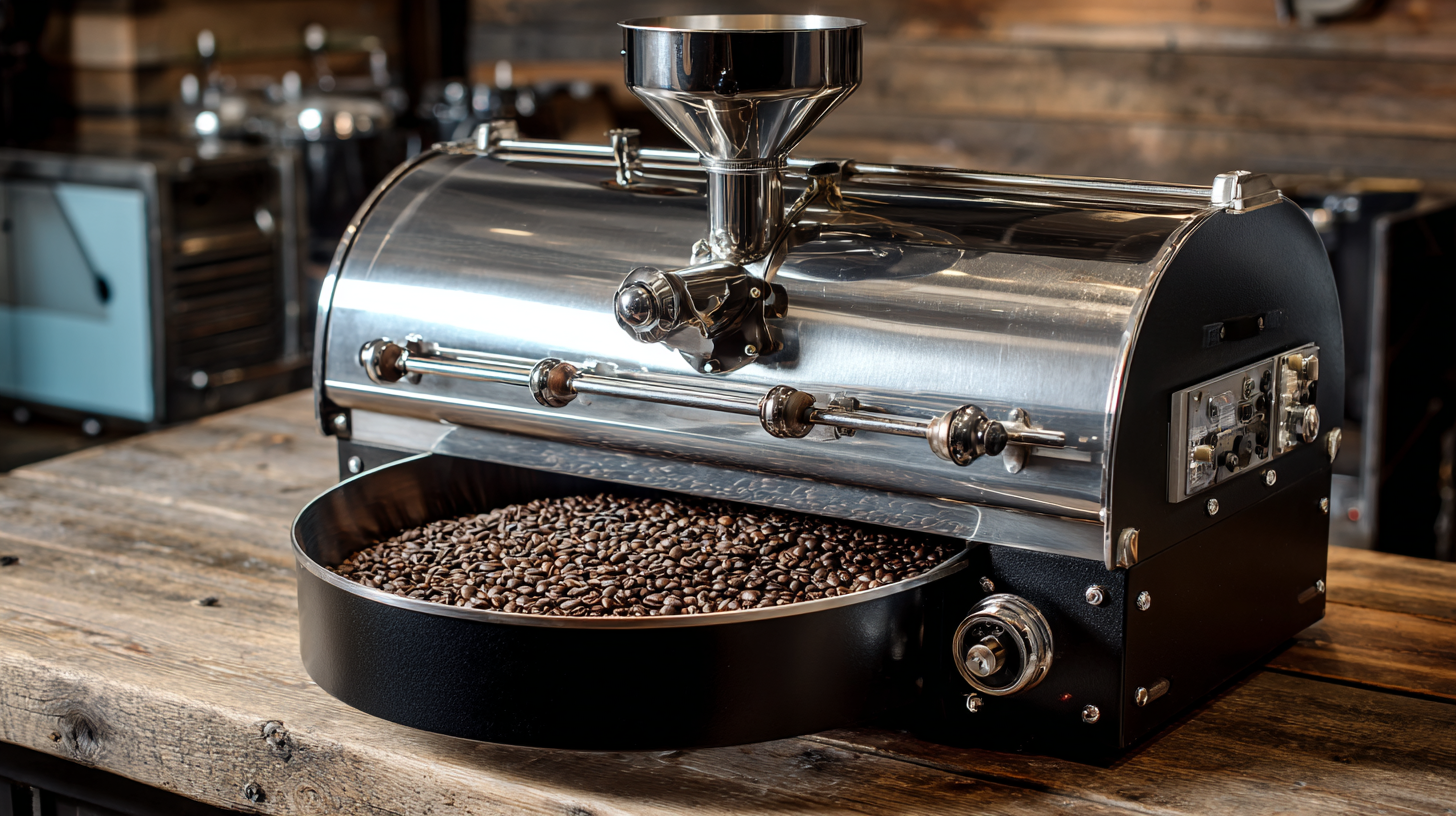
Another critical factor is the material and build quality of the roaster. High-end models are often constructed from durable stainless steel and incorporate insulated designs to maintain temperature stability. A report by IBISWorld suggests that investing in higher-quality materials can lead to better long-term returns, as they often result in less maintenance and a more reliable roasting process. Furthermore, features such as automatic data logging and integrated cooling systems can also influence pricing; these technologies aid in achieving perfect roast profiles and improving overall efficiency, ultimately elevating the coffee quality that your business can offer.
Tips for Testing and Comparing Sample Roasters Before Purchase
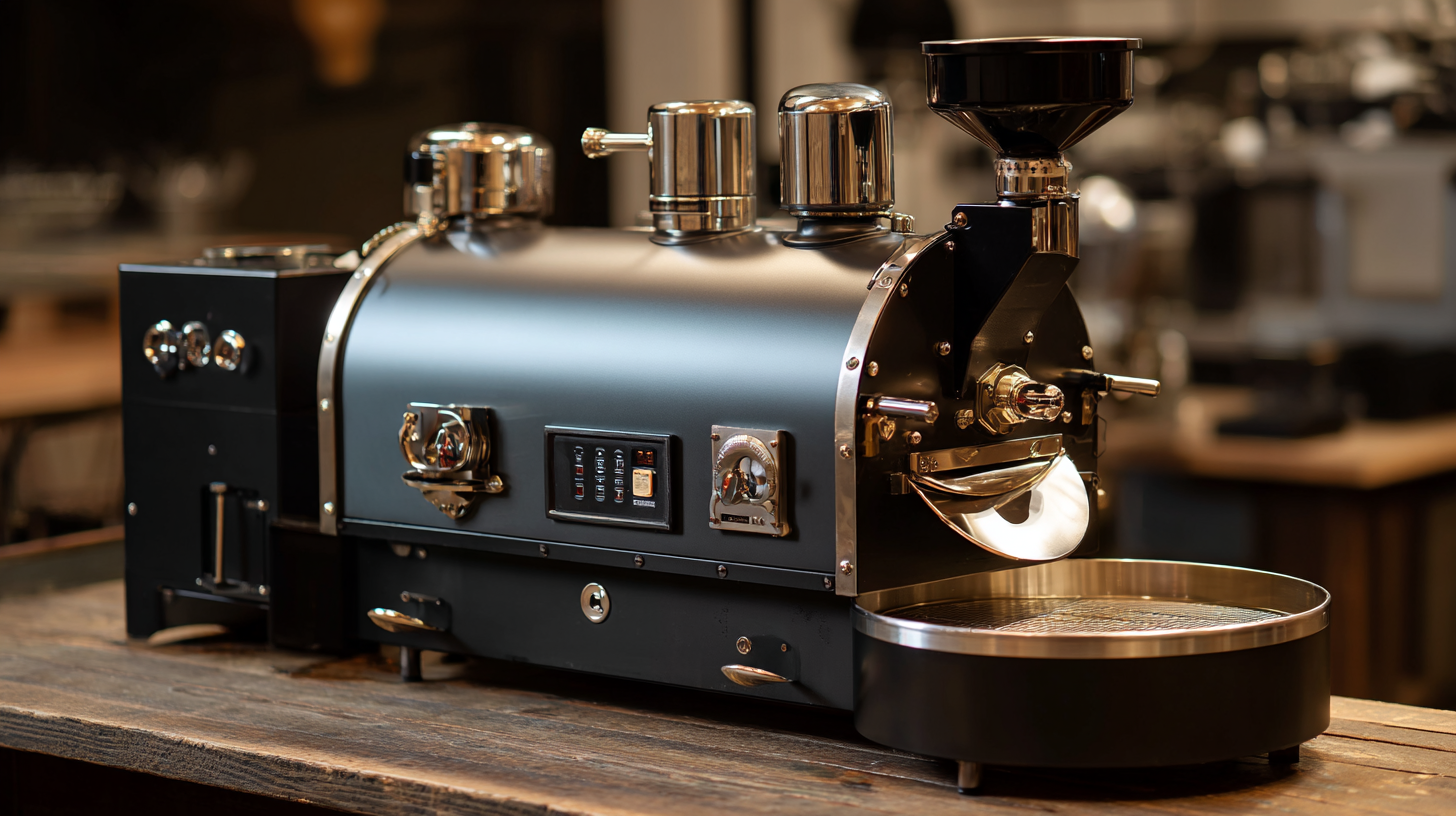 When investing in a sample roaster for your coffee business, thorough testing and comparison are crucial to ensuring you select the best fit for your needs. Begin by assessing the roaster's capacity and flexibility in handling different batch sizes. According to industry reports, the ideal sample roaster should have the capability to roast 100-300 grams of coffee, providing a range that allows for fine-tuning flavors without overwhelming your workflow.
When investing in a sample roaster for your coffee business, thorough testing and comparison are crucial to ensuring you select the best fit for your needs. Begin by assessing the roaster's capacity and flexibility in handling different batch sizes. According to industry reports, the ideal sample roaster should have the capability to roast 100-300 grams of coffee, providing a range that allows for fine-tuning flavors without overwhelming your workflow.
Additionally, consider the features that enhance control over the roasting process. Look for machines equipped with advanced temperature control and profiling technology, which can significantly affect the final taste of your coffee. Research indicates that roasters with digital interfaces and real-time monitoring can reduce variability and improve consistency across batches—essential for maintaining quality, especially when catering to a discerning clientele.
Finally, don't overlook the importance of direct feedback from fellow coffee professionals. Engaging in cupping sessions and seeking insights on specific models can guide you in making a more informed decision. Armed with this information and practical comparisons, you will be well-positioned to choose a sample roaster that elevates your coffee offerings and fulfills your business goals.
Related Posts
-
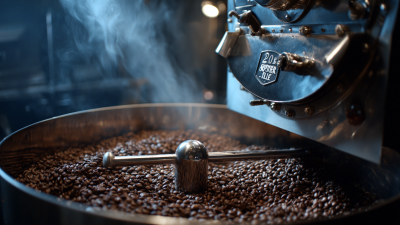
How to Choose the Best Sample Roaster for Your Coffee Business Success
-
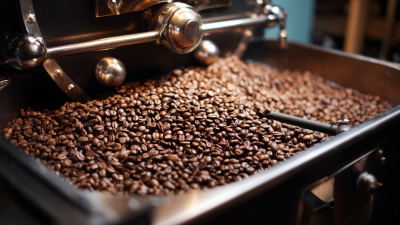
Innovative Solutions for Selecting the Best Coffee Bean Roaster for Your Business
-
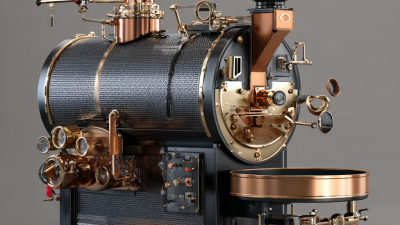
Discover the Advantages of the Best Coffee Bean Roaster Machine for Your Business
-
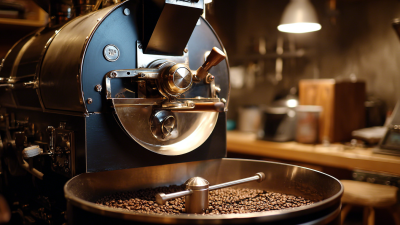
What Makes the Best Coffee Roaster Stand Out in the Market
-
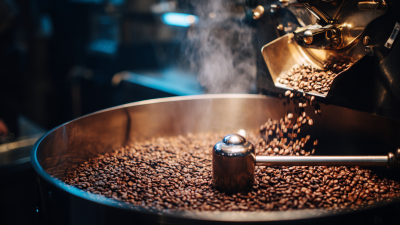
Top 7 Strategies for Finding the Best Home Coffee Roaster Manufacturers
-
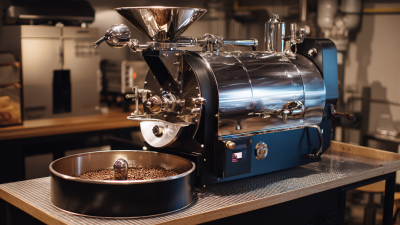
Global Coffee Roasting Trends Trustworthy Small Batch Machines from China's Manufacturing Advantage


